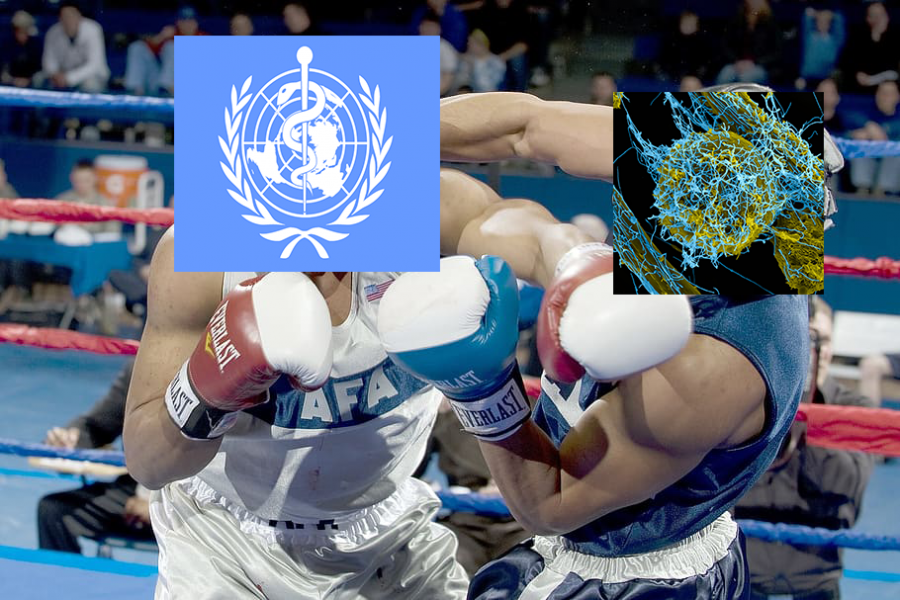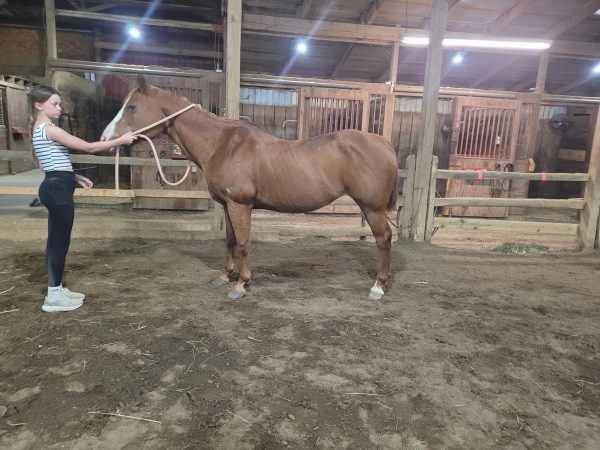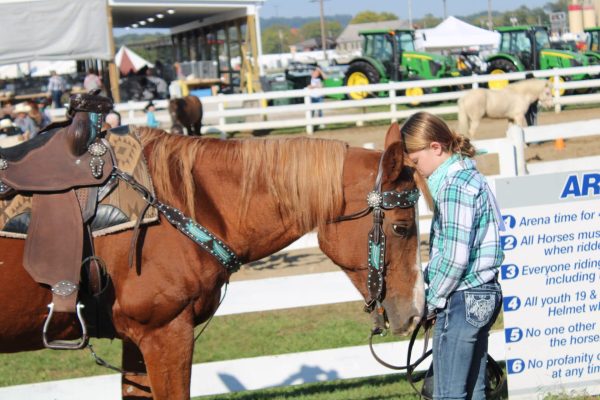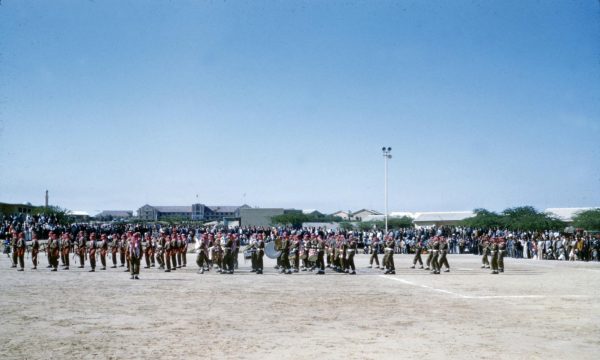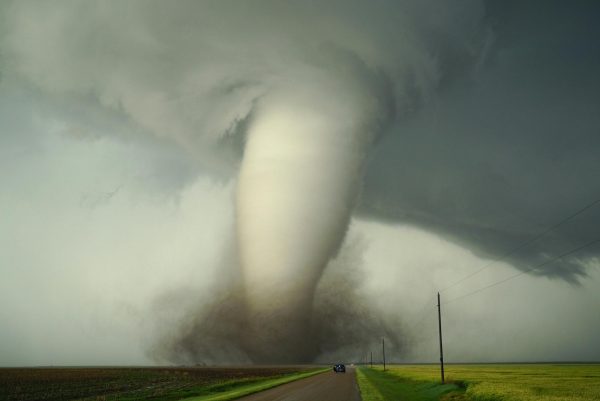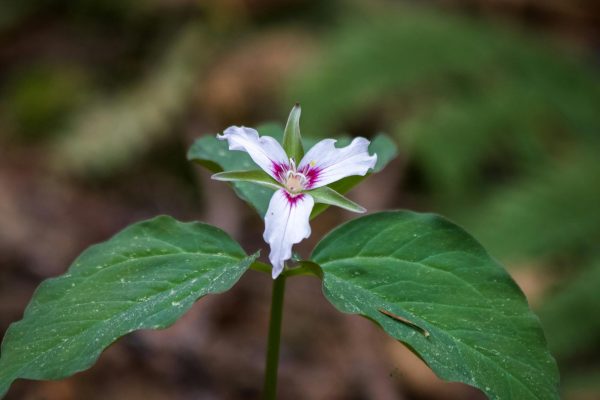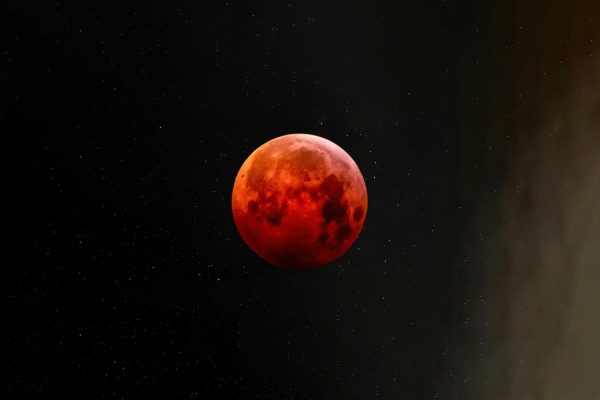Take That Ebola!
If one turns back the clock to 2014, they may remember that the world was subjected to some unusual circumstances. No, this is not referring to the tragic disappearance of Malaysia Airlines Flight 370 or the sudden annexation of Crimeria at the hands of Russia. In addition to these events, it was 2014 that marked the start of the Ebola epidemic that persisted until 2016. During this time, the largest Ebola Virus Disease outbreak ever in West Africa occurred, and the rest of the world fell victim to fears about the disease as well. However, with enough hard work and persistence, by March of 2016 the outbreak was greatly reduced and humanity once again showed that it could tackle any obstacle that came its way.
Unfortunately, on August 1, 2018, the World Health Organization declared another Ebola epidemic in the Democratic Republic of Congo. While this epidemic is not the global event that it was in 2014 and appears to be affecting only parts of Africa, it is tragic that those native to the affected regions have been essentially experiencing a situation similar to only a few years prior from essentially 2018- present. However, in late 2019 the human race was again able to demonstrate its innovation and determination, perhaps to even a greater extent than in 2016, in a discovery that did not appear to be nearly as publicized by the news as it should have been (hence the reason for this article).
This discovery was achieved by the pharmaceutical company Merck and Co, and involved the finalizing of an Ebola virus vaccine that had been in development for years. This vaccine has been granted the commercial name Ervebo, and targets the Zaire species of Ebola virus (the species involved in the 2014 and 2018 outbreaks) for individuals 18 and up. Additionally, if one is skeptical, it will be calming to hear that the testing of this vaccine when it was in development yielded extremely promising results. The primary study cited by the U.S. Food and Drug Administration to support this was actually completed during the 2014- 2016 outbreak. According to the administration, the study was “conducted in Guinea during the 2014-2016 outbreak in individuals 18 years of age and older.” The study involved testing the vaccine on those with immediate contact to one with the virus and those who came into contact with others who had come into contact with an infected patient. Additionally, some in the study were vaccinated immediately after contact, while some were vaccinated 21-days after contact. According to the FDA, “This noteworthy design was intended to capture a social network of individuals and locations that might include dwellings or workplaces where a patient spent time while symptomatic, or the households of individuals who had contact with the patient during that person’s illness or death.” After testing the vaccine on 3,537 subjects under the above process, the Ervebo vaccine was actually found to be 100% effective “in preventing Ebola cases with symptom onset greater than 10 days after vaccination.” Essentially, it was a major success. Similar studies were also conducted in Spain, the United States, and Canada, all yielding beneficial results as well. Overall, during this testing period Ervebo appeared to be doing its intended job, with the WHO stating that in all “preliminary study results [showed] a 97.5% vaccine efficacy.”
This success was not overlooked, as in late 2019 the vaccine actually passed the World Health Organization prequalification process, making it very accessible to countries who needed it. Additionally, this was the fastest prequalification process ever incited by the WHO, further showing the projected promise of the vaccine. Only 90 days later, “The Democratic Republic of the Congo (DRC), Burundi, Ghana and Zambia” all took the final step in officially licensing Ervebo. According to the World Health Organization, this “[meant] that the manufacturer [could now] stockpile and widely distribute this vaccine to African countries at risk of Ebola virus disease outbreaks, and that ”Once licensed doses [were] available, use of the vaccine [would] not require clinical trial or other research protocols.”
The year 2020 has now just begun, and things are looking even more promising for the fight against the Ebola virus. According to a study published in the Journal of Virology, researchers located at Cincinnati Children’s Hospital Medical Center have potentially stumbled upon a new vaccine, one that has the potential to target 4 species of Ebola virus, not just the Zaire species. While this new vaccine is still in early development, the prospect that something such as this could be in the works is exciting, perfectly showing the brilliant and caring nature of humanity, and that is one of the primary points of this article. No matter how hopeless, scary, or outright strange things may appear to get, Homosapiens will always find ways to adapt and overcome. It just requires a little bit of hope, patience, and fancy scientific processes that nobody really understands.
2014-2016 Ebola Outbreak in West Africa
Ebola in the Democratic Republic of the Congo: Health Emergency Update
An Ebola Vaccine Has Just Been Given the Green Light in 4 African Countries
WHO: The Ebola Epidemic in DR Congo May Be Nearing its End
Ebola vaccine given the go-ahead in 5 African countries
Universal Ebola vaccine shows promise in pre-clinical trials
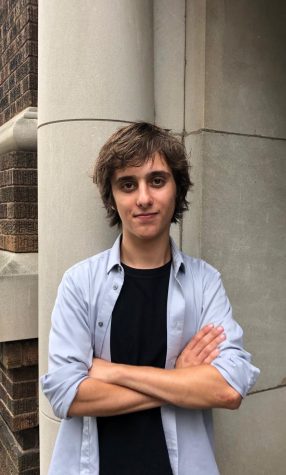
Lucca is a 3rd year Crimsonian member. He is involved in theater, orchestra, tennis, and National Honors Society.

